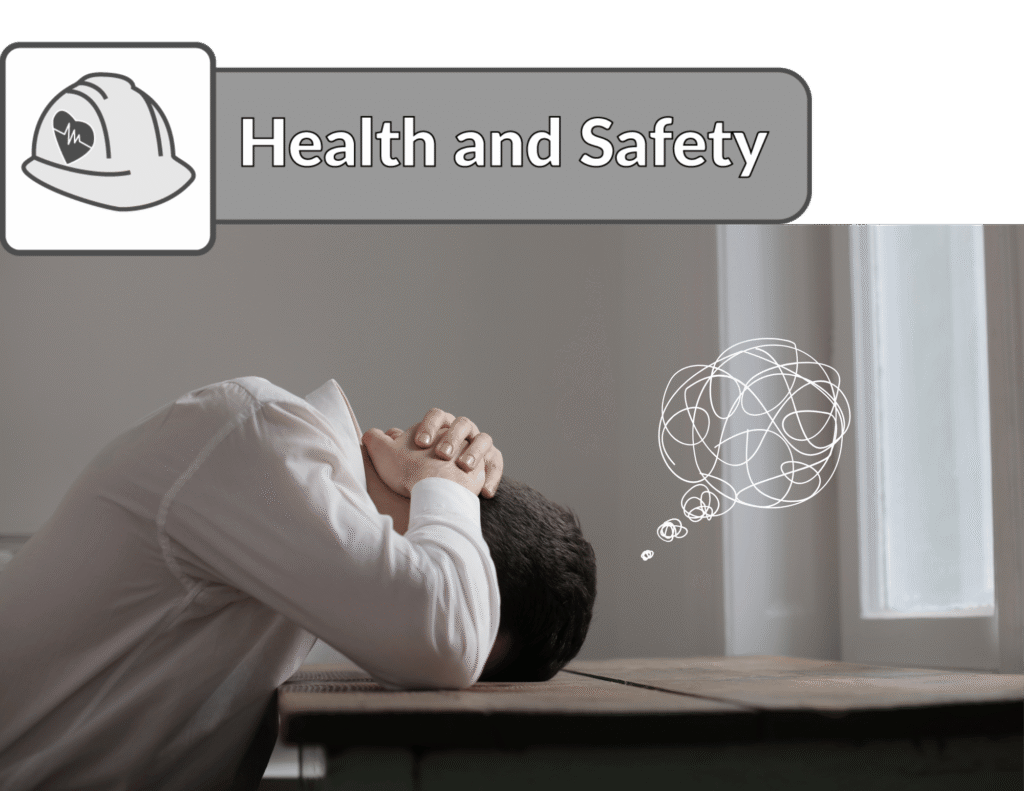
Health & Safety Information
Controlling Cortisol: Finding Balance with the Stress Hormone
In today’s high-stress world, it’s common to feel overwhelmed on the jobsite and in everyday life. When facing stress, our bodies release cortisol, a hormone that triggers our “fight or flight” response, which can increase our heart rate, breathing, and send adrenaline to help us respond to perceived danger.
While cortisol’s ability to triggering fight or flight is helpful in emergencies, our bodies can’t distinguish the difference between real danger and everyday stressors, so prolonged stress keeps cortisol levels elevated, which can negatively affect both our physical and mental health.
Getting to know Cortisol: Cortisol is a steroid hormone produced by the adrenal glands that boosts alertness, memory and motivation when your body really needs it. But over time, chronic stress can leave us feeling exhausted and down because, while cortisol is most commonly associated with stress, its impact is widespread throughout the body.
Cortisol impacts:
- Metabolism Regulation: Cortisol acts on the pancreas, liver, fat and muscle tissues to help regulate how your body uses glucose for energy.
- Immune Function: Cortisol helps control inflammation and supports immune function in the short term. However, chronically high cortisol levels can lead to increased inflammation and a weakened immune system.
- Sleep-Wake Cycle: Cortisol helps regulate your circadian rhythm—your body’s natural 24-hour clock. Cortisol levels are typically lowest at night and begin to rise in the early morning, helping you wake up and feel alert for the day ahead.
- Mood and Motivation: Cortisol boosts alertness, memory and motivation when your body really needs it.
When cortisol levels remain elevated due to prolonged stress, it can take a toll on both physical and mental health. Some common symptoms of chronic stress include:
- Exhaustion
- Headaches and dizziness
- High blood pressure
- Muscle weakness, tension and aches
- Digestive issues
- Weight gain, especially around the face and abdomen
- Frequent sickness
- Anxiety and irritability
- Depression, panic attacks
The good news is, there are things we can do to bring balance to our cortisol levels and reduce chronic stress. When we adopt healthy habits and actively manage our stress, we help our body’s natural ability to regulate cortisol.
To do this we can:
- Prioritize Quality Sleep: Poor sleep disrupts cortisol regulation. Aim for 7–9 hours per night.
- Move Your Body: Exercise releases endorphins, which directly suppress cortisol and make you feel good.
- Practice Deep Breathing: Controlled breathing stimulates the parasympathetic nervous system, which helps reduce stress.
- Limit Alcohol Intake: Since alcohol is a toxin, frequent consumption keeps the body in a state of stress, which can lead to elevated cortisol levels.
- Laugh More: Like exercise, laughter releases endorphins that reduce stress and counteract cortisol.
- Try Relaxation Techniques: Meditation, acupuncture, massages and even watching your favorite TV show can all help lower cortisol levels.
To learn more, visit https://lhsfna.org/cortisol-an-introduction-to-the-stress-hormone/.
